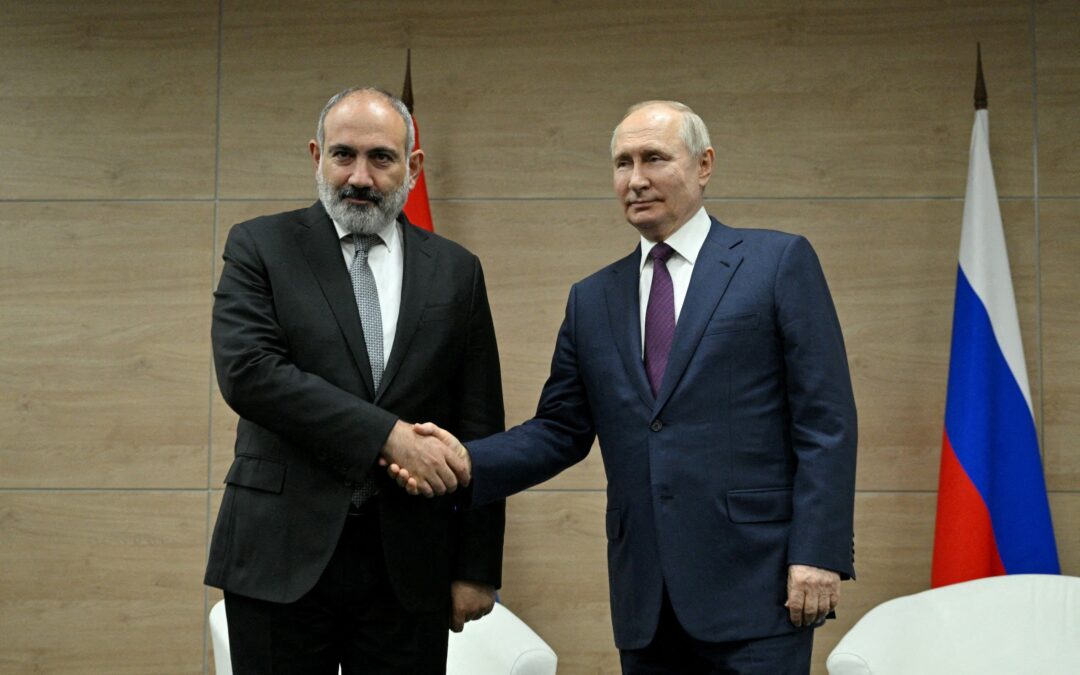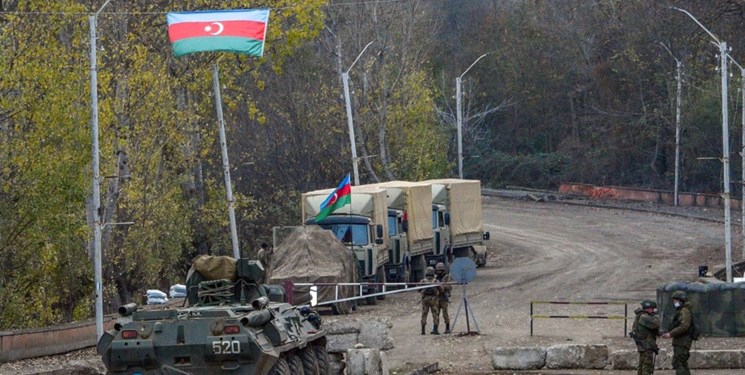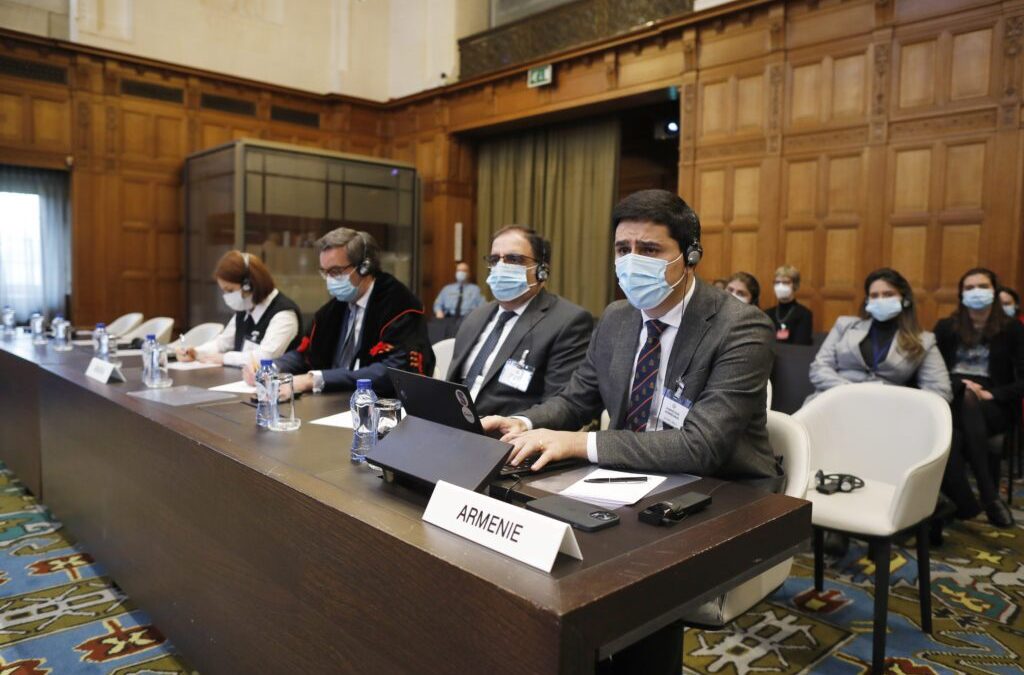Netanyahu’s War Cabinet’s Efforts to Divert Public Opinion from The Gaza War
Strategic Council Online – Opinion: The Zionist regime is trying to “psychologically exploit” the recent events in the region to divert the world public opinion from the crimes this regime is committing in Gaza. Examining the atmosphere prevailing in the political and media circles of the Zionist regime and the centers aligned with it at the regional and international level shows that this regime seeks to “highlight and dominate” the recent tensions with the Islamic Republic of Iran so that it could reduce the heavy pressure that is felt in the domestic, regional, and international public opinion and even European governments against the Gaza war.
Hamid Khoshayand – expert on regional issues











